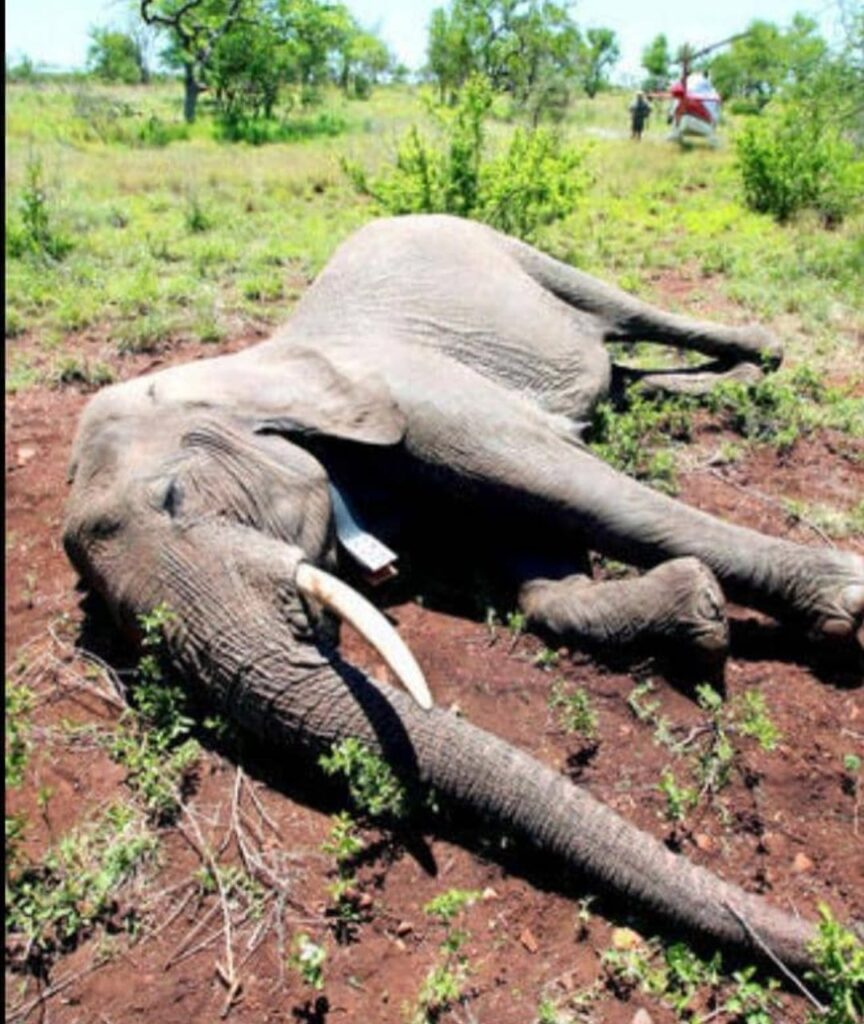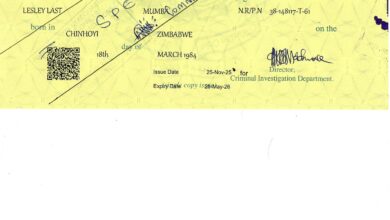Zimbabwe’s elephant culling plan faces doubts from Tsholotsho residents

Providence Moyo
Tsholotsho residents have voiced concerns over Zimbabwe’s plan to cull 200 elephants, questioning its effectiveness in addressing the region’s ongoing drought and human-wildlife conflict.
Zimbabwe Parks and Wildlife Management Authority announced the culling initiative as a response to the growing elephant population and the escalating conflict between humans and wildlife in areas like Hwange National Park and Tsholotsho.
This plan follows a previous proposal in 2016 to cull up to 10,000 elephants, which was met with international backlash and eventually suspended.
While the government argues that the cull is necessary to maintain ecological balance, some residents believe it will do little to alleviate the real challenges they face.
Davy Ndlovu, a resident of Ward 2, expressed skepticism, saying, “It’s not just about providing meat, we need sustainable solutions to address the drought. Meat won’t bring rain or help us grow crops,” Ndlovu said.
Other residents echoed similar sentiments. Njabulo Ncube, a farmer from Ward 5, added, “Culling elephants won’t solve our water issues. We need irrigation systems, boreholes, and long-term investments in water sources to support our agriculture and livestock,” he said.
Local business owner Sipho Moyo also questioned the plan’s long-term impact.





